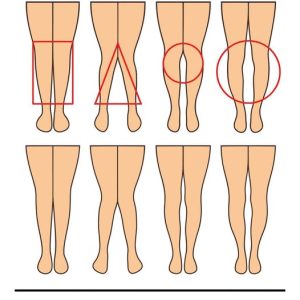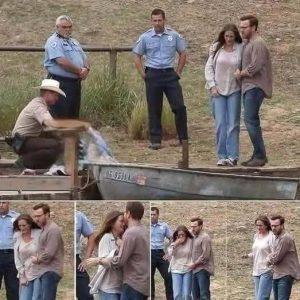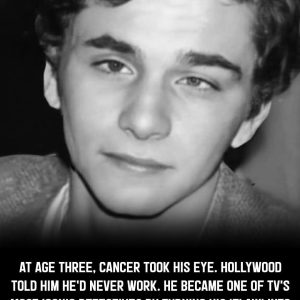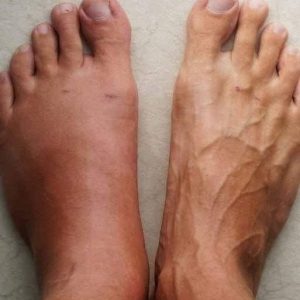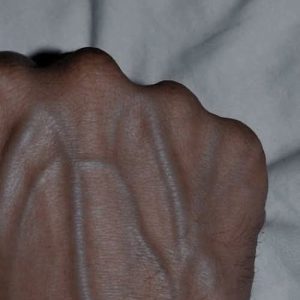The morning Miranda found the abandoned baby marked a turning point that split her life into a before and after. Exhausted from a pre-dawn shift and numbed by the routines of new motherhood, she initially mistook the thin cry drifting through traffic for the usual phantom sounds tired mothers often imagine. But something in the cry’s urgency pulled her toward a bus-stop bench, where she uncovered a newborn wrapped in a blanket and trembling from the cold. Acting on instinct, she pressed the infant to her chest, rushed home, and watched her mother-in-law, Ruth, go pale at the sight. Even as the baby calmed in her arms, Miranda knew she had to call authorities, though handing him over felt hauntingly painful. Still grieving the recent loss of her husband and navigating life with her four-month-old son, the abandoned baby cracked open grief she had barely survived, stirring a complex mixture of ache, tenderness, and purpose.
Later that evening, Miranda received a call from a gravel-voiced stranger insisting they meet. The address he gave—a top-floor suite in the same building where she worked as a janitor—unnerved her. Ruth cautioned her to be careful, but Miranda went. In a quiet, immaculate office, she met a silver-haired man who revealed that the baby she had found was his grandson. His son’s estranged wife, overwhelmed and unstable, had left the infant on the bench with a note that the family could “find him” if they wanted him so badly. Wracked with guilt and gratitude, the man knelt before Miranda—something he likely did for no one—and thanked her for saving the child’s life. She told him she only did what she hoped someone would do for her own son, but the encounter planted the first seed of an unexpected connection.
Weeks later that connection deepened when HR summoned Miranda and the CEO himself explained that her compassion and instincts made her capable of far more than cleaning floors. He offered her a new opportunity and support to build a different future for herself and her baby. Fear and pride almost held her back, but Ruth’s wise reminder—that help sometimes comes through unexpected doors—gave her courage to say yes. Miranda enrolled in online HR courses, studying late into the night while balancing motherhood, grief, and exhaustion. Her quiet determination carried her through moments when quitting felt easier, kept afloat by her son’s sleepy smiles and the belief that she owed him a steadier life than the one she had been surviving.
Upon finishing her certification, Miranda moved with her son into a clean, sunlit apartment provided through the company’s housing program. There, she joined a small team designing a “family corner” for employees—a warm, child-friendly space near the lobby where working parents could bring their kids without fear of losing wages or stability. It became a small revolution inside a corporate tower. Soon the CEO’s grandson— the baby she had rescued—toddled into the space, colliding into giggles with Miranda’s son as if fate had woven their beginnings together. Watching the boys play became a symbol of all that had changed: where once there had been isolation, exhaustion, and sorrow, now there was community, purpose, and healing stitched into everyday moments.
As the months unfolded, Miranda reflected often on the fragile thread of chance that carried her past the bench that morning. What might have been a tragedy instead grew into a chain of compassion that transformed not just one life, but many. The CEO, watching the boys play together, thanked her again for restoring his family and reminding him that kindness still exists. Miranda, in turn, recognized that the opportunity he gave her had rewritten her future. Though she still carried the ache of losing her husband and still navigated the messy realities of motherhood and work, her path now shimmered with possibility. Saving the abandoned infant had rippled outward—changing his fate, her own, and the lives of families who now relied on the family corner she helped create. And even though neither boy would remember the beginning, they carried forward the goodness that began with a cry in the cold and a woman who chose to stop, listen, and act.
